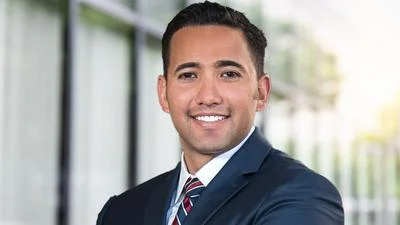Senate Majority Leader Peter Wirth has introduced Senate Bill 85, aiming to amend New Mexico's existing nonprofit donor disclosure laws. The bill, which recently passed the Senate, builds on a previous 2019 law that is currently facing a federal court challenge for allegedly breaching the First Amendment.
Senate Bill 85 seeks to expand the scope of donor disclosures required from nonprofit organizations. According to opponents, it threatens the privacy of nonprofit donors by compelling organizations to choose between public speech and supporter confidentiality. Critics argue that this bill increases political control over the agenda in Santa Fe.
Nonprofit groups, irrespective of their mission, could self-censor due to fears of retaliation against their supporters if donor information is disclosed. They emphasize that donor privacy is critical, as endorsed by Supreme Court rulings. Referencing the case of NAACP v. Alabama, opponents highlight that "compelled disclosure of affiliation with groups engaged in advocacy may constitute as effective a restraint on freedom of association.”
The current law, promoted by Wirth in 2019, is under scrutiny for its alignment with First Amendment precedents. It involves campaign-like regulations that may expose nonprofit donors if they mention candidates or issues near an election. The proposed change in SB 85 would alter terminology from "contributions" to "donations," broadening the disclosure requirement to include all donors.
The Rio Grande Foundation, which opposes the law, is legally contesting New Mexico's nonprofit disclosure mandates. Despite this, lawmakers are aiming to extend the reach of these mandates. The bill narrowly failed in the House in 2023, but its progression this year experiences continued resistance from those defending free speech.
Critics of SB 85, such as the Rio Grande Foundation and People United for Privacy Foundation, argue that the bill could inadvertently amplify the influence of political leaders and marginalize dissenting voices. They believe the bill ostensibly promotes transparency but, in reality, benefits political figures like Wirth while limiting diverse speech in Santa Fe.
Paul Gessing, president of the Rio Grande Foundation, and Matt Nese, vice president of People United for Privacy Foundation, continue to advocate for the protection of First Amendment rights for all Americans.









